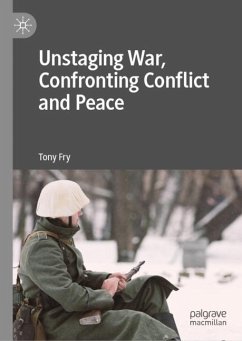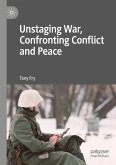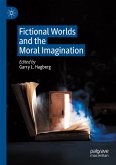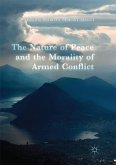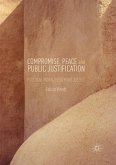This book presents the concept of 'unstaging' war as a strategic response to the failure of the discourse and institutions of peace. This failure is explained by exploring the changing character of conflict in current and emergent global circumstances, such as asymmetrical conflicts, insurgencies, and terrorism. Fry argues that this pluralisation of war has broken the binary relation between war and peace: conflict is no longer self-evident, and consequentially the changes in the conditions, nature, systems, philosophies and technologies of war must be addressed.
Through a deep understanding of contemporary war, Fry explains why peace fails as both idea and process, before presenting 'Unstaging War' as a concept and nascent practice that acknowledges conflict as structurally present, and so is not able to be dealt with by attempts to create peace. Against a backdrop of increasingly tense relations between global power blocs, the beginnings of a new nuclear armsrace, and the ever-increasing human and environmental impacts of climate change, a more viable alternative to war is urgently needed. Unstaging War is not claimed as a solution, but rather as an exploration of critical problems and an opening into the means of engaging with them.
Through a deep understanding of contemporary war, Fry explains why peace fails as both idea and process, before presenting 'Unstaging War' as a concept and nascent practice that acknowledges conflict as structurally present, and so is not able to be dealt with by attempts to create peace. Against a backdrop of increasingly tense relations between global power blocs, the beginnings of a new nuclear armsrace, and the ever-increasing human and environmental impacts of climate change, a more viable alternative to war is urgently needed. Unstaging War is not claimed as a solution, but rather as an exploration of critical problems and an opening into the means of engaging with them.

